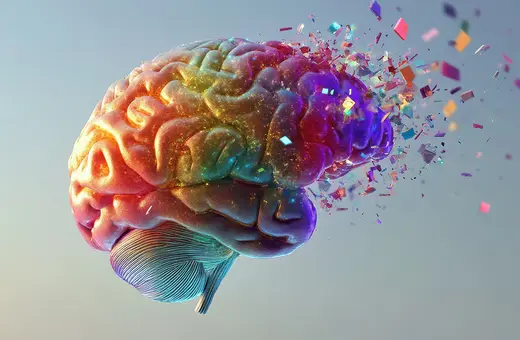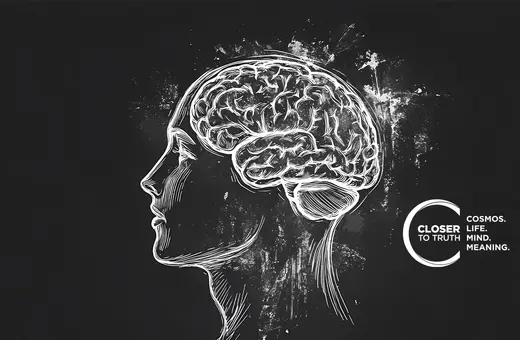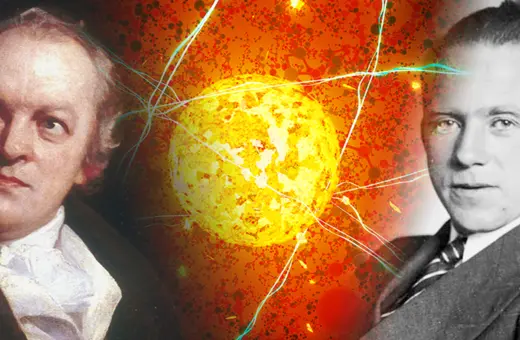Max Weber famously saw modernity as having a disenchanting effect: modern science removed the mystery and moral significance from natural events that religion previously bestowed on them. But philosophers have come to recognize that this disenchantment only follows if we espouse scientism – the idea that science can offer a complete description of nature. What’s less clear is what follows from rejecting scientism. Some philosophers believe that we should re-enchant nature, seeing it as alive, as having intentions and making moral demands on us. However, that doesn’t follow from disavowing scientism. When we say that nature “threatens us” or “punishes us” we are using metaphor, even if that metaphor reveals something metaphysically deep, writes Akeel Bilgrami.
One need have no phobia about science whatever, indeed may admire some of its achievements greatly, while finding what has come to be called ‘scientism’ intellectually distasteful. This is a familiar distinction, oft made.
But while there might be a degree of agreement among philosophers that scientism is a bad thing, it’s not obvious what’s supposed to follow from its rejection. One thing that does follow is that there are properties in nature that aren’t captured by scientific descriptions of nature, like moral properties. What does not follow, however, contrary to what some philosophers believe, is that nature itself literally makes moral demands on us.
What exactly is scientism? Very broadly, it is a kind of overreach in the name of science, taking it (at least as we know science to be in its present form and methods) to a place that is no part of its proper dominion. This can happen in many ways. One way is this: the making of large claims on science’s behalf, claims that are philosophical rather than scientific, but relying --by a sleight of hand, a fallacious conflation-- on the authority of science. Here is a familiar example: there is nothing, no property, in nature that cannot be brought under the purview of natural science as a form of cognitive inquiry. This is the chief claim of the philosophical doctrine that sometimes goes by the name of ‘naturalism’
No science contains the proposition that science has exhaustive coverage of nature and all its properties.
Those who deny such a claim - say, for instance, by asserting that nature contains value properties, which do not fall within the purview of natural science - are frequently dismissed as being unscientific. It is that dismissal which amounts to illicit outreach or overreach. It can only be unscientific to contradict some proposition in some science. But no science contains the proposition that science has exhaustive coverage of nature and all its properties. So, it cannot be unscientific to deny that it does.
What follows from rejecting scientism





















Join the conversation